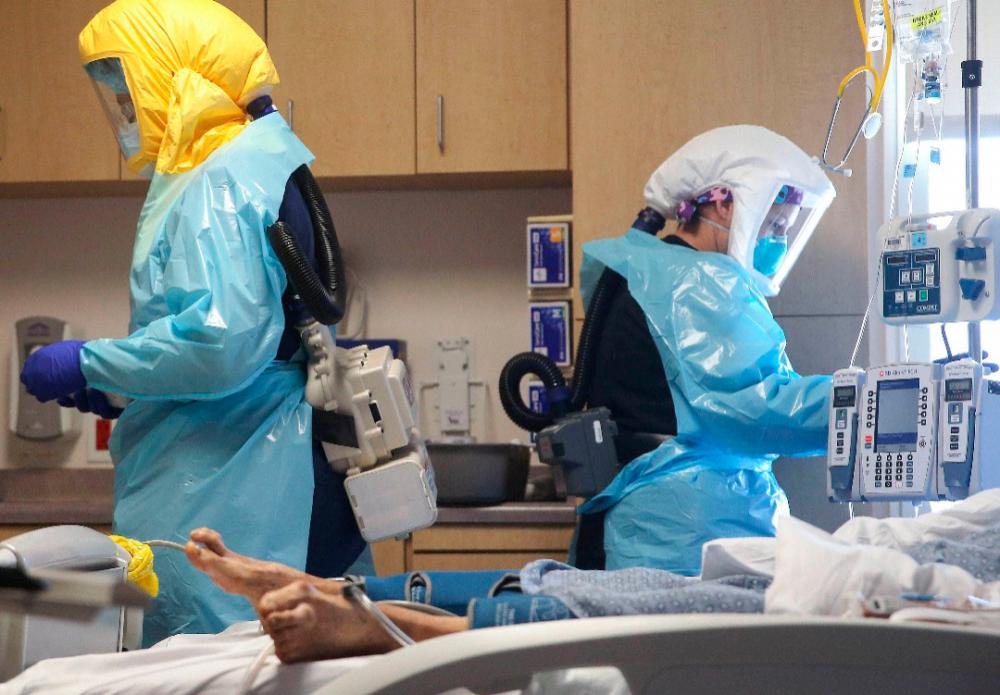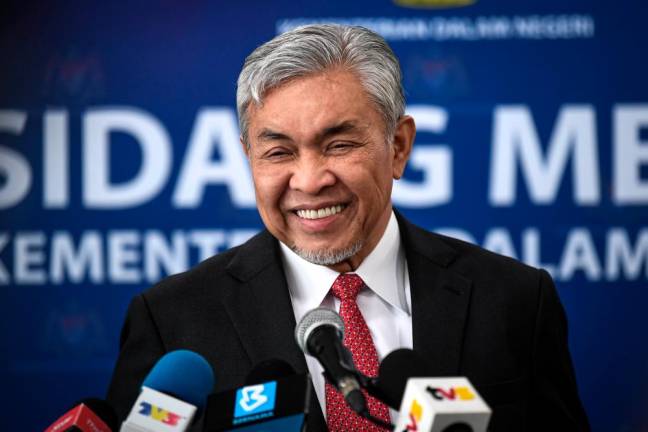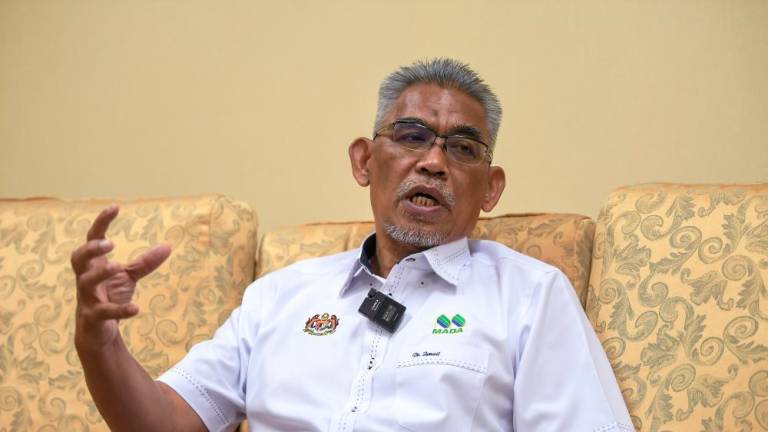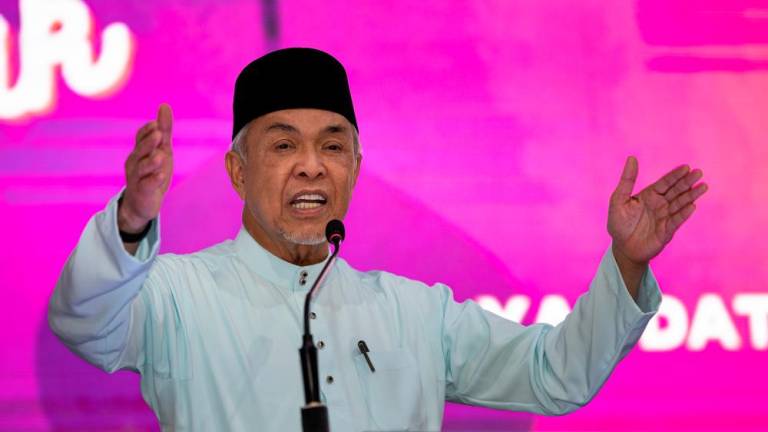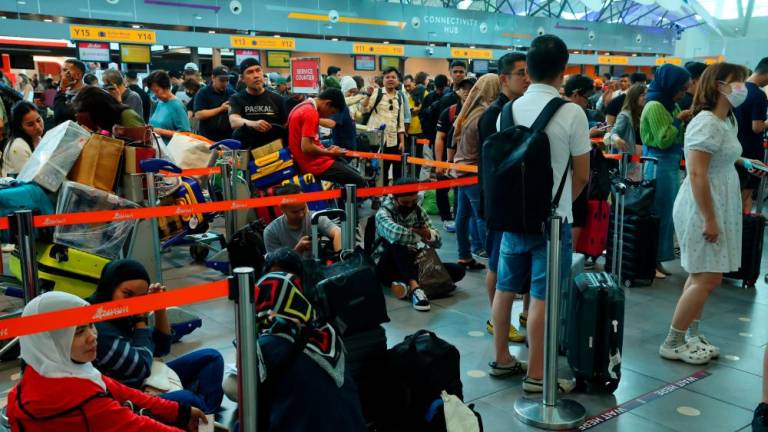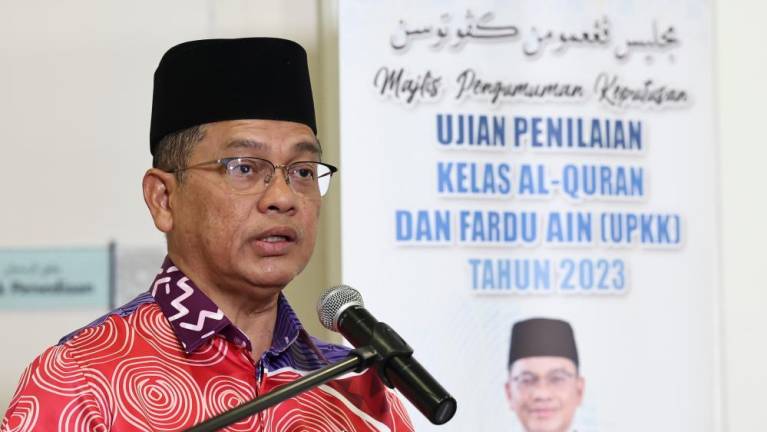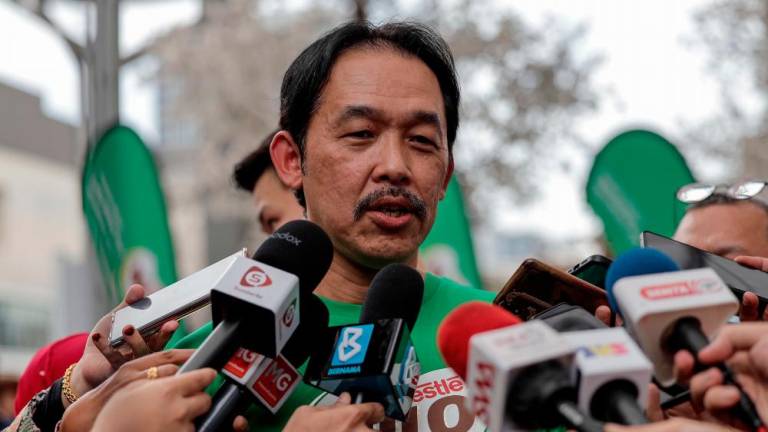PETALING JAYA: It would be an error for those who have recovered from Covid-19 to assume that life will be back to normal the day they walk out of the hospital.
Considering that the infection hits not just the lungs but several other organs as well, there is a high risk of them developing multiple organ failure sometime in the future.
It is for this reason that after-care is very important for people who have recovered from Covid-19, according to consultant respiratory physician Dr Wong Chee Kuan.
Wong, who heads the Division of Respiratory Medicine at the University Malaya Medical Centre (UMMC), told theSun that post-acute Covid-19 in-patient care and out-patient clinical follow-ups are essential.
“Just observing the standard operating procedures (SOP) to stay safe from infection is not enough.”
Wong pointed out that apart from the lungs, Covid-19 also affects the blood vessels, heart, nervous system, gut, liver as well as the ear, nose and throat system.
“It also causes psychiatric disorders,” he said.
It is therefore essential that a multi-disciplinary Covid-19 team and clinic be set up to take care of patients whose needs are otherwise unmet, he added.
Wong said those who have had a severe form of Covid-19 infection need to be weaned off ventilator support and be put through multiple aspects of rehabilitation over a prolonged period.
“This is important for older patients as the recovery for them tends to take longer.”
He said the multi-disciplinary clinic at UMMC serves as a one-stop centre for
out-patients who need care after recovering from an acute Covid-19 infection.
This improves the patient’s compliance with clinical follow-ups and reduces unnecessary waiting time and clinic appointments with duplicate assessments, Wong said.
“We have a standardised follow-up schedule for each patient, depending on how long he had the infection before he recovered. This can range from at least three months up to two years and depends on a cognitive, nutritional, psychological, and physical assessment of the patient.”
In the pipeline is a plan to introduce tele-medicine to assess the condition of a patient without the need for him to visit the clinic.
“Then, only those with persistent symptoms will be required to come to the clinic for a physical examination,” he said.
In addition, there is yet to be a system to assess the financial position of a patient to see if he can afford the medical equipment for long-term care after he is discharged.
“If he can’t, the medical social welfare department of the hospital will help to finance the acquisition of medical devices.”
He said more resources should be channelled for the support and care of post acute Covid-19 cases.
“The resources we have now is not enough to support the surge in the number of severe and critical cases,” Wong added.
Malaysian Medical Association president Datuk Dr M. Subramaniam said monitoring those who have been discharged is a wise move but it is still not being done.
“Patients who are recuperating are at low risk as far as transmission goes and there is no need for more SOP there,” he said.
“It is better to impose strict SOP on those who are not yet infected or vaccinated.”
Former deputy health minister Dr Lee Boon Chye said it is a wiser move to leave after-care to social workers.
“We are still in the midst of a pandemic and I think it is difficult (for the healthcare system) to also deal with the care of those who have already recovered,” he said.



